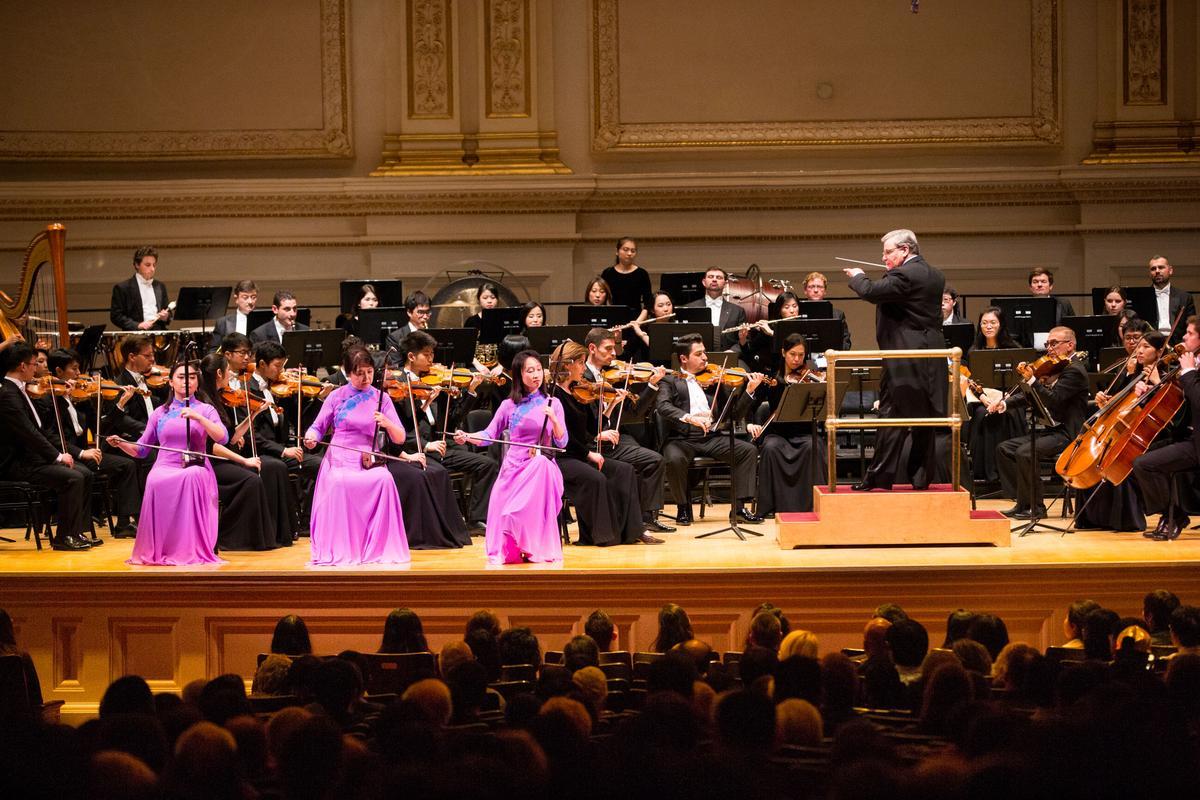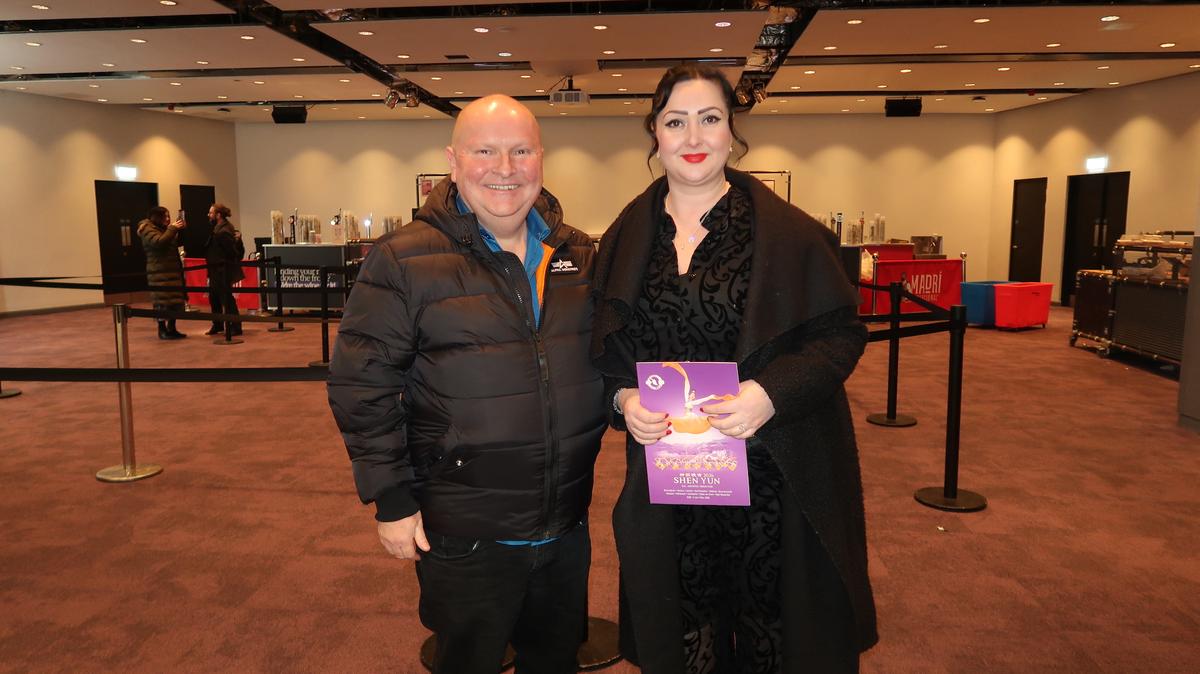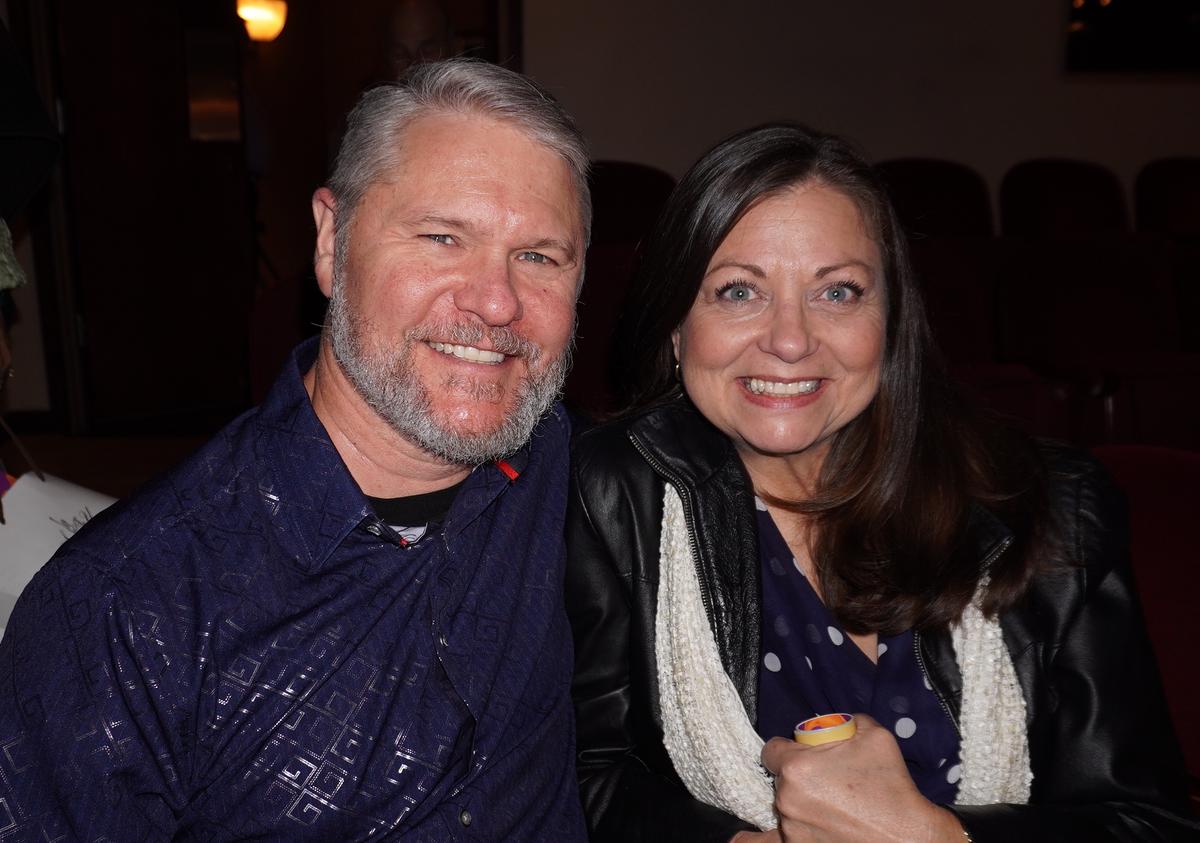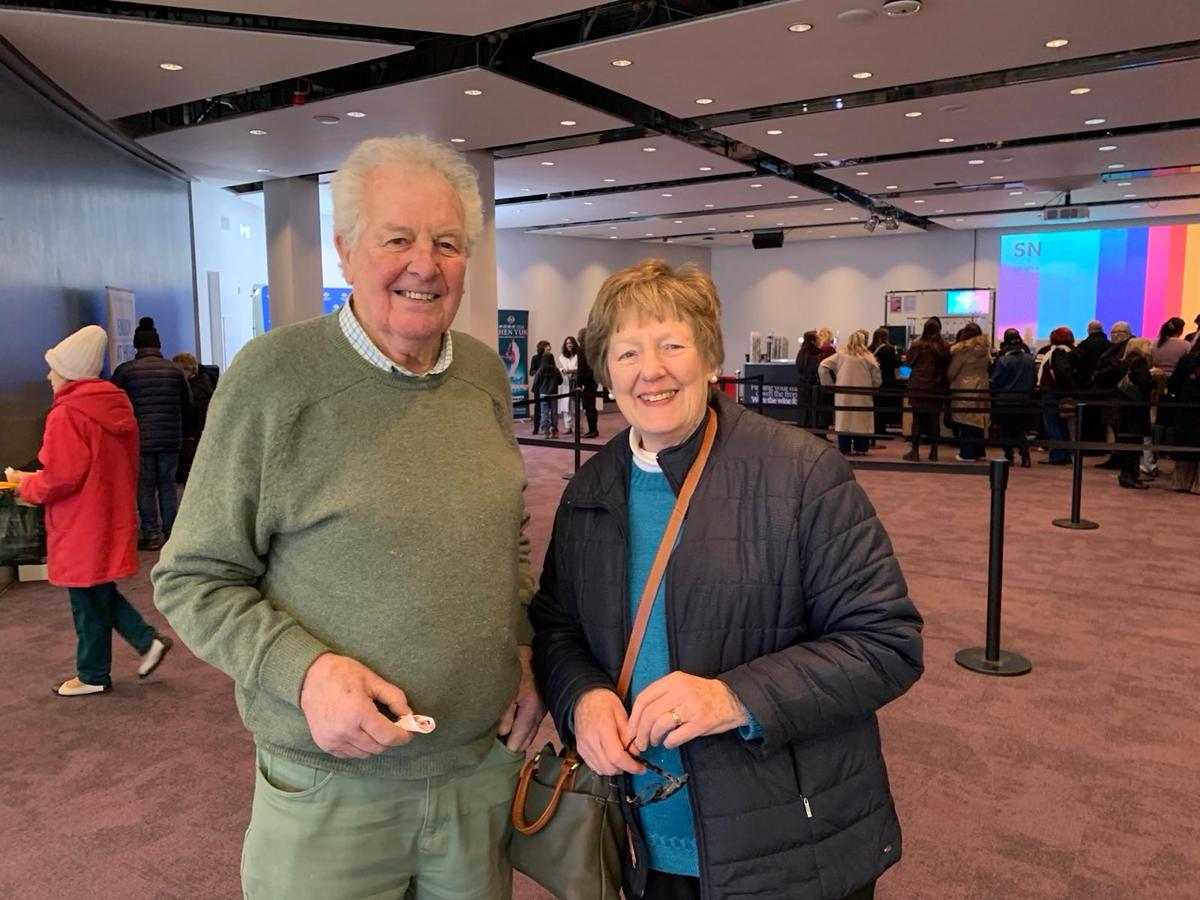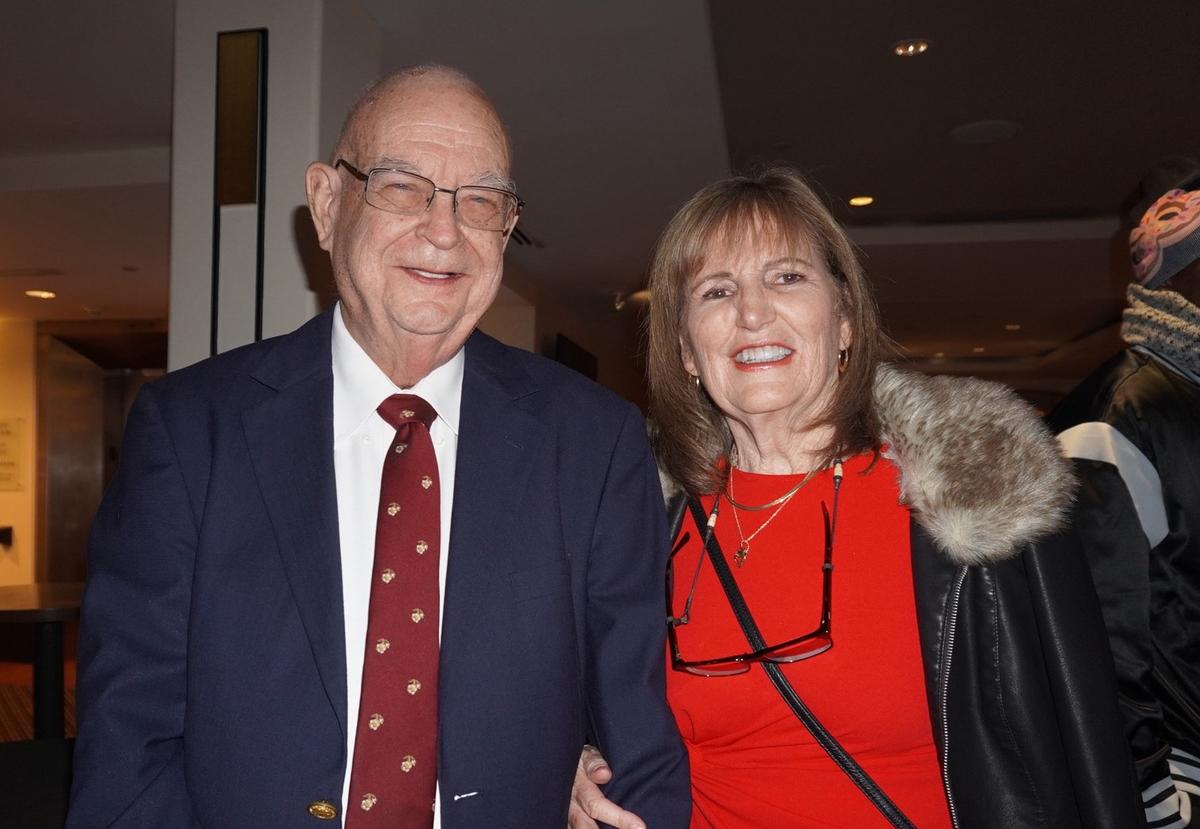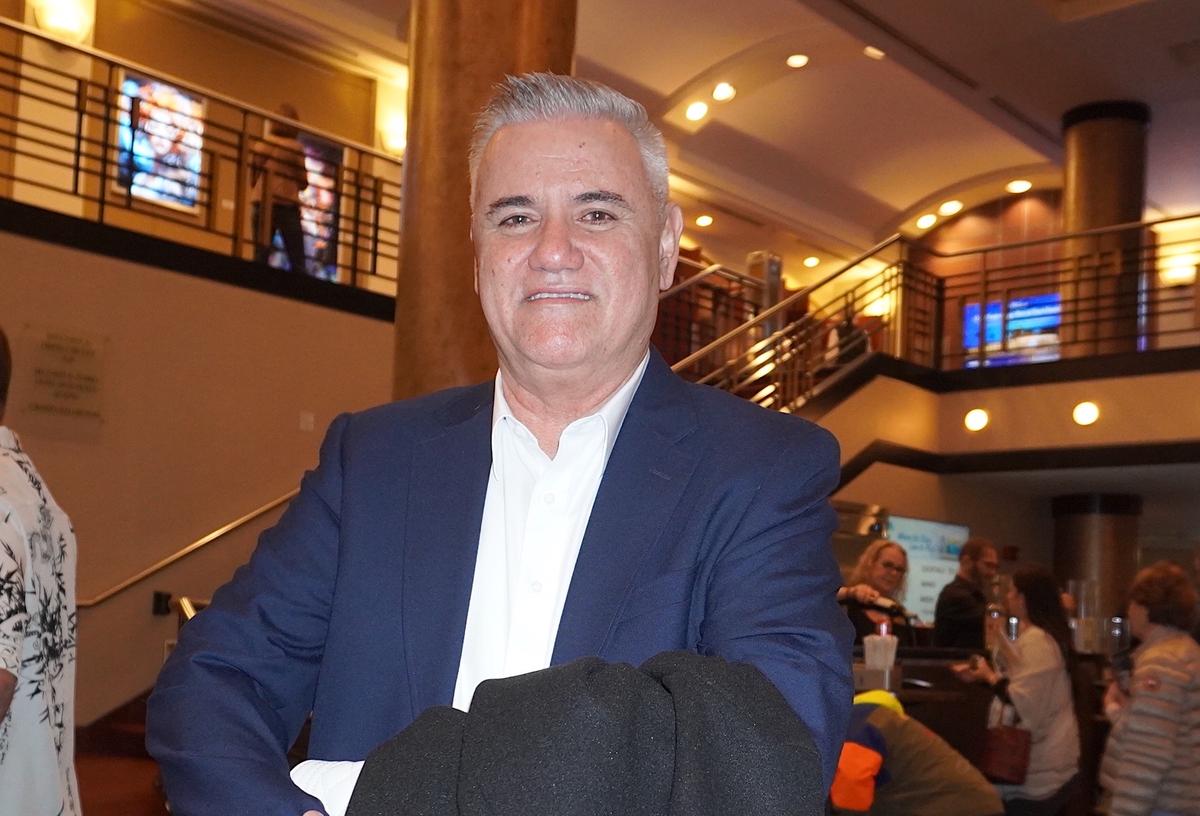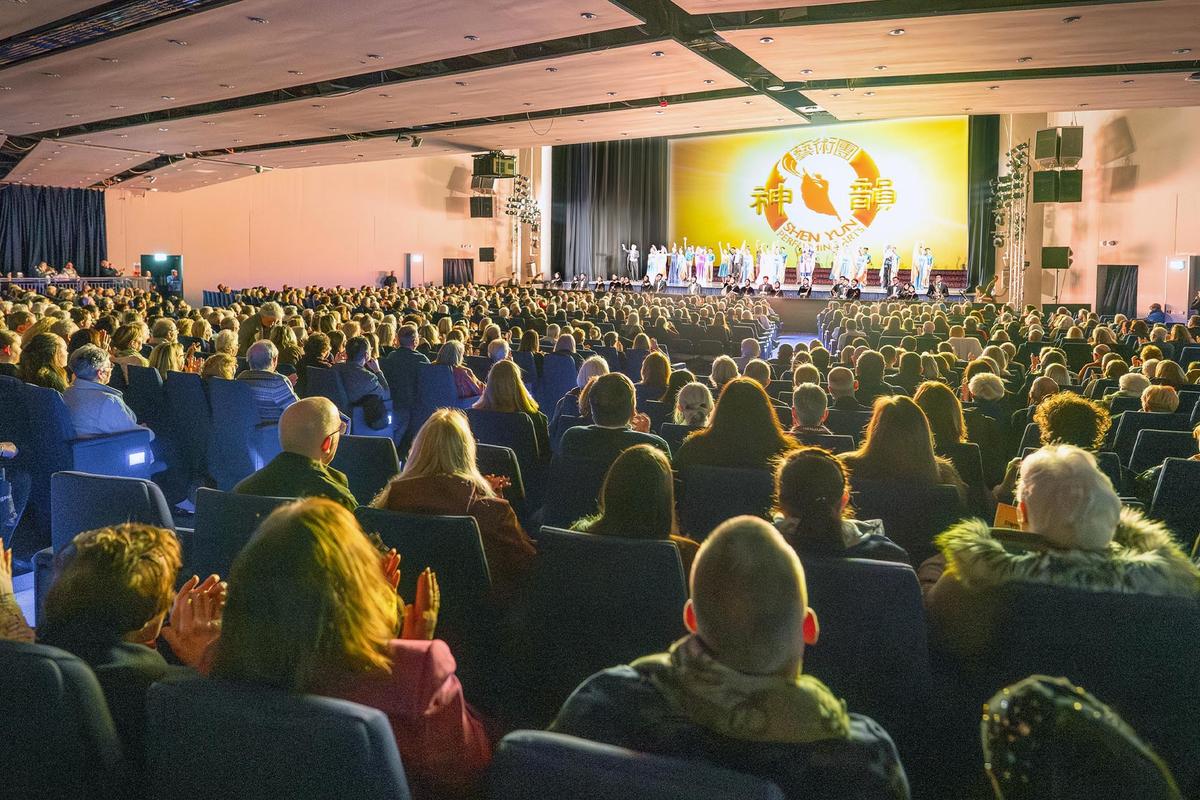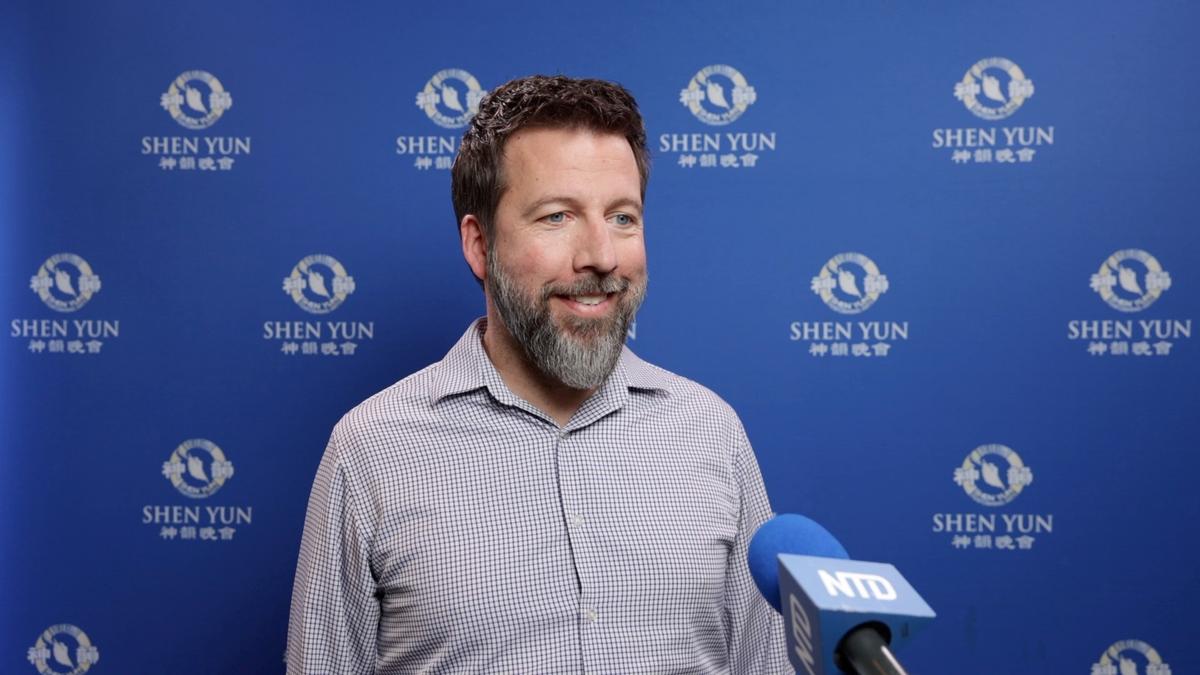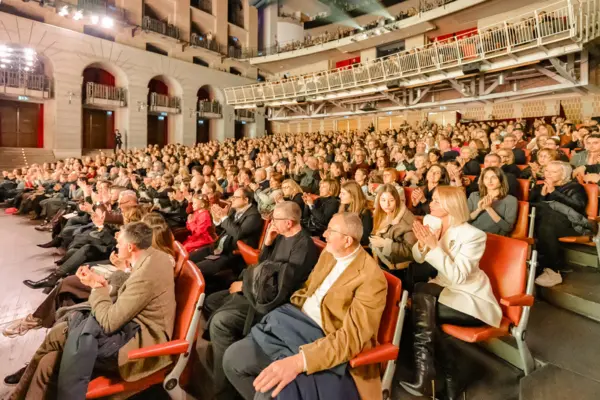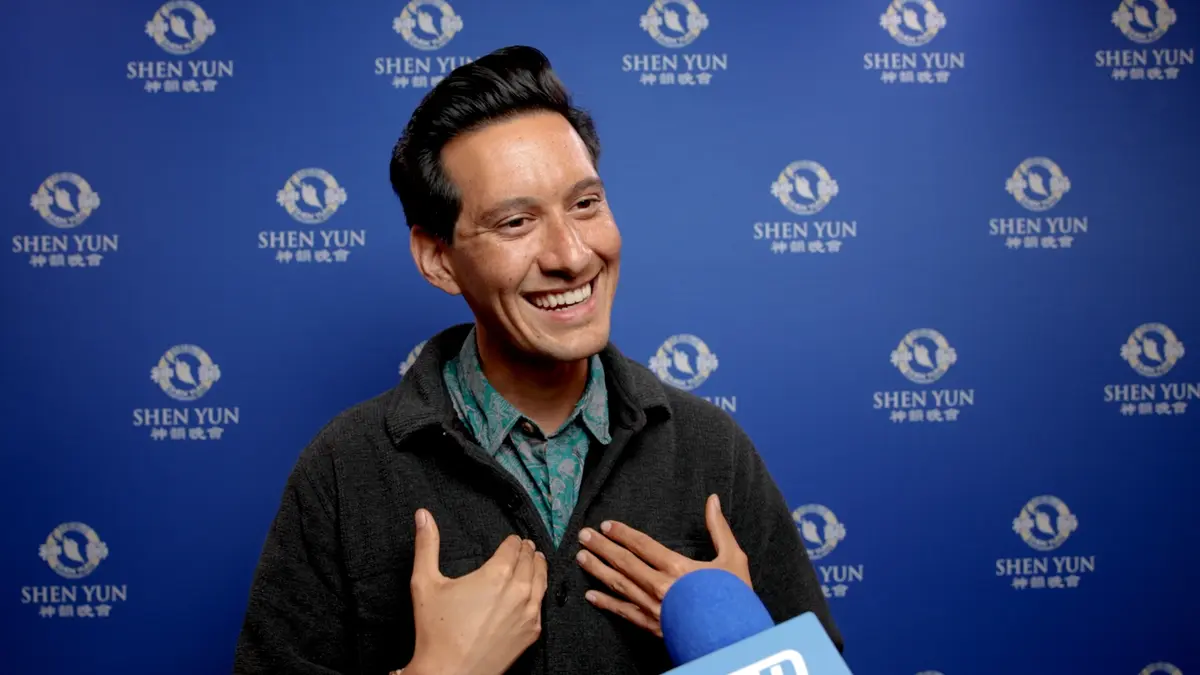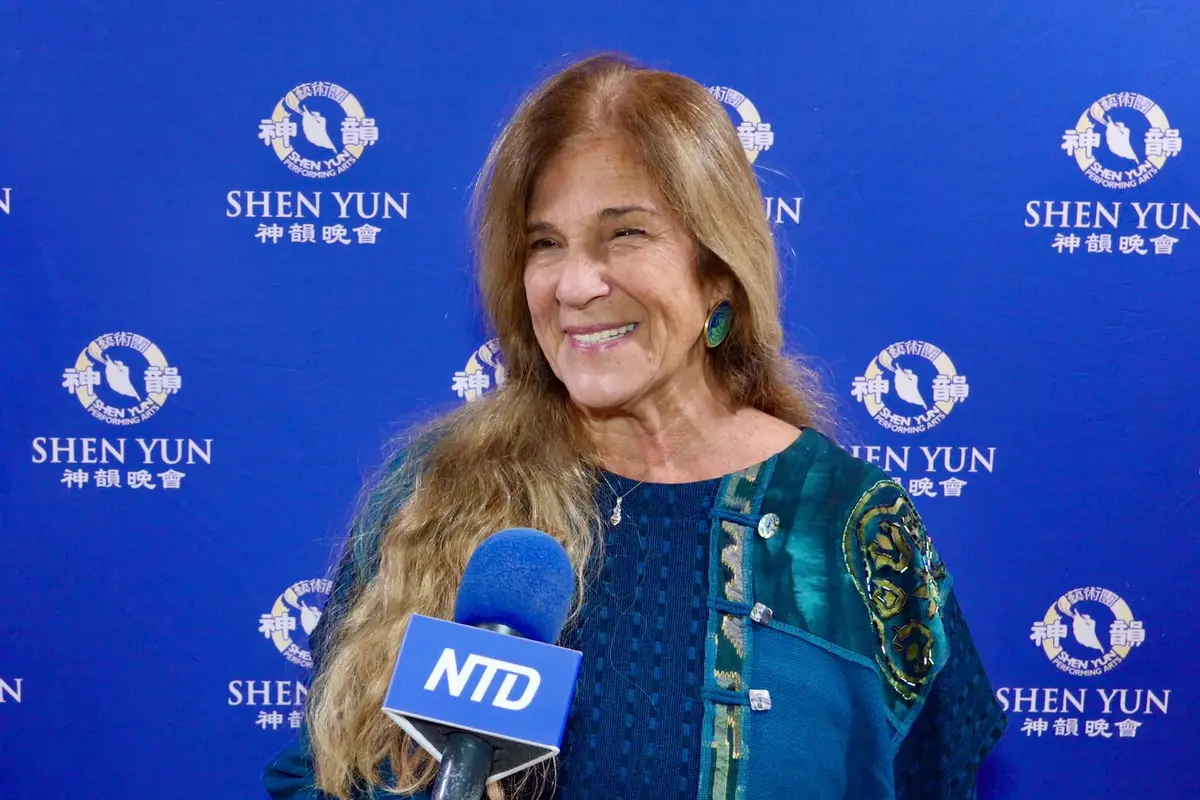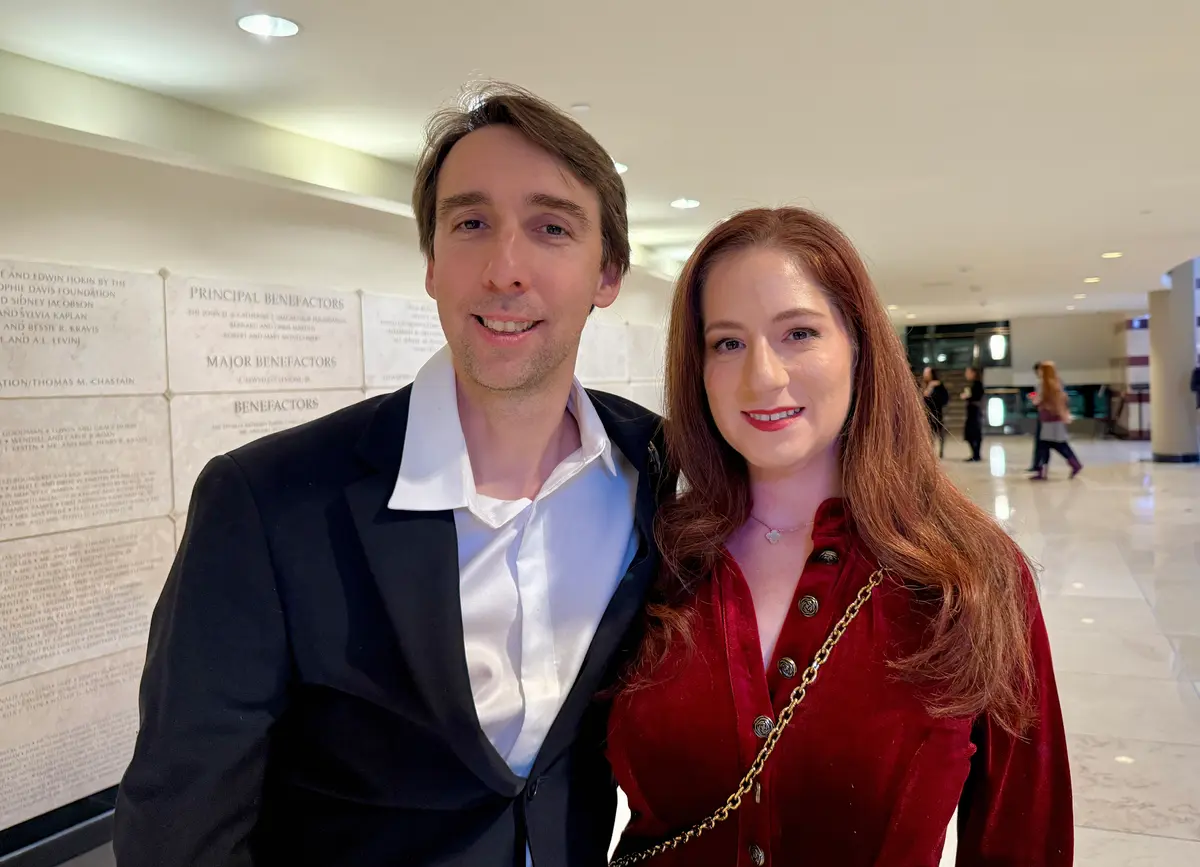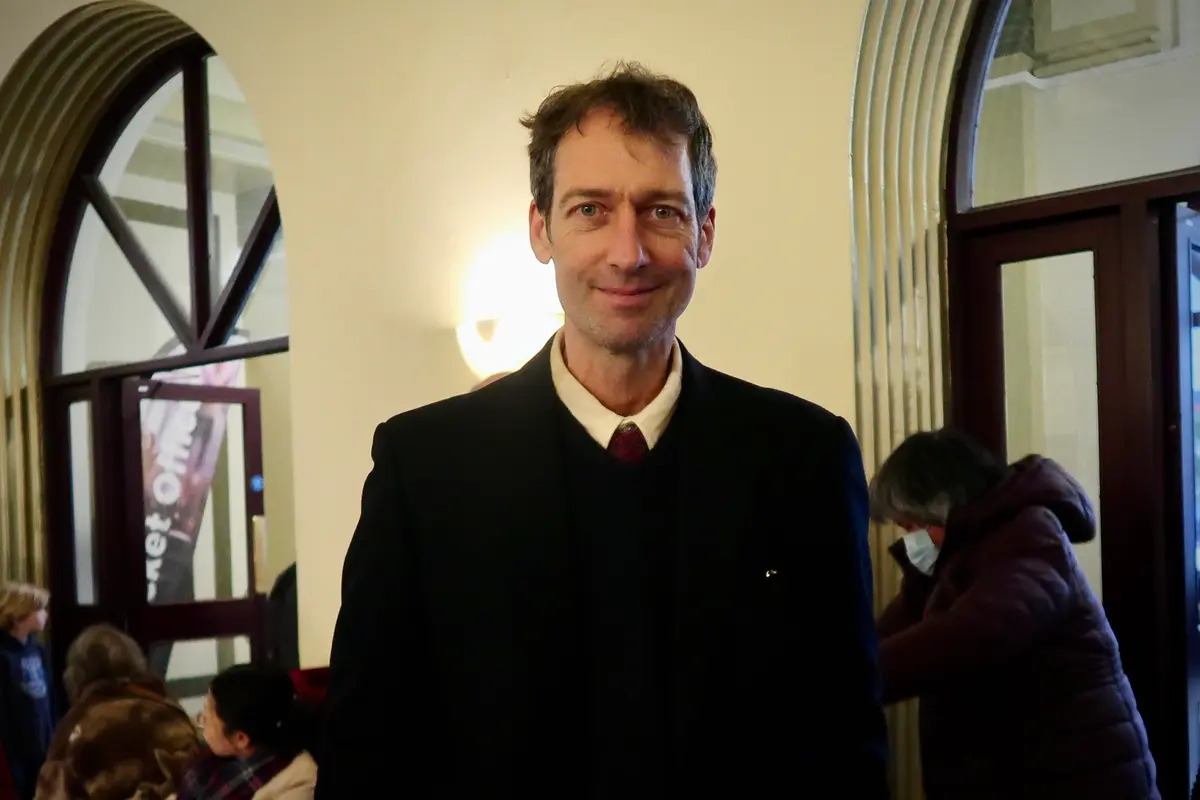A colleague recently walked up to me rolling his shoulders. He listens to the radio. He listens to rock, pop, jazz, anything. Music is something he needs in his life, he’s said more than once. But something odd happened to him recently: He sat in front of a symphony orchestra, and all that familiar tension bunched up in his neck and back and shoulders just melted away.
“It’s amazing,” he explained, still moving his shoulders as if astounded by how easy it was to shrug off his pain and tension. He went on to tell me that a doctor friend of his had recently corroborated his theory: that music harmonizes you from the inside out, even to the point of relieving ailments.
There’s another layer to this, if we look at age-old wisdom.
Slowing Down With Music
We’re not always running, and we don’t always want to keep going, going, going with the ritualized busywork of the day. And sometimes even that meditation app on your phone or knowing that you only need to clear your head for 15 minutes doesn’t help you take that first step.One might assume that this effect is purely subjective—that the music we like most will affect us the most (or vice versa). But no, composers have long suggested that this elicited response can be intentional.
An example that sticks out for me is the classically trained composer Jing Xian. She became a professional pipa player at the young age of 15 and went on to become an award-winning composer. From there, she focused on her career and making a name for herself.
In light of discovering and studying this traditional culture, Jing said, “Now I’m more about what the audience truly needs.”
“Now when I write, I’m in the mindset of trying to find harmony with heaven,” she said, evoking the well-known masters like Bach, like Haydn, like Beethoven. The classical language is a rich one, with varied rhythms, harmonies, and structures built up in ways that are meant to resolve themselves before the music ends, putting us at peace.
The Music of Shen Yun Soothes the Soul
Shen Yun is a classical Chinese dance company, and for those who haven’t seen one of its performances, one of the (many) notable aspects is that each of its six touring companies travels with a full orchestra. All of the music is original and new every season. Shen Yun has somehow managed to combine traditional Chinese music with the classical Western symphony to beautiful effect, and you can scarcely leave a show without hearing audience members inquiring about the music, in the lobby afterward. The company ballooned in size, as did the number of performances, and then the orchestra did too.The ensemble combined the once nearly lost art of traditional Chinese music with the heft of Western classical music, and it’s after performances like these that audience members leave with a weight lifted off their shoulders and a spring in their steps.
The classical canon is full of examples like these. George Frideric Handel once wrote, “I should be sorry if I only entertained them; I wish to make them better.” And is there not a more recognized classical music work than his “Messiah”? A choral conductor once told me that if happiness could be bottled, it would be the sound of that “Hallelujah” chorus.
Music can be used to affect many emotional states, and Shen Yun’s composers seek to soothe the psyche.
The orchestra just kicked off another global tour on Sept. 13 beginning in Asia. Every year, the orchestra visits more and new cities. On Oct. 7, it will be at Carnegie Hall in New York, before moving on to other cities in the United States.

